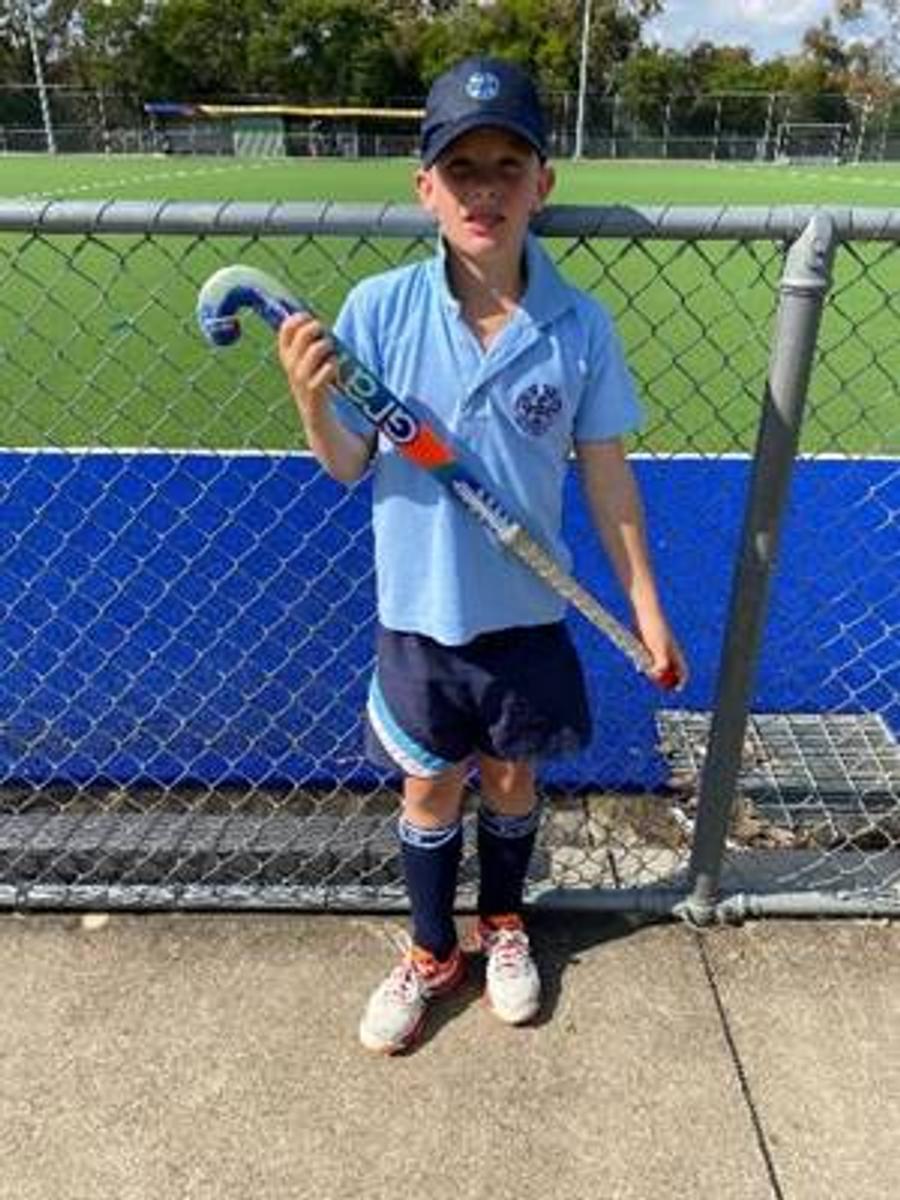Message from the
Head of the Junior School
Mrs Denise Hayward

Message from the
Head of the Junior School
Mrs Denise Hayward
Dear Parents,
I would like to take this opportunity to outline our plans for this year’s Junior School productions, expanding upon notes coming home in the next few weeks. The Junior School’s musical educational offering is strong, with bands, ensembles, choirs, and small group and individual tuition opportunities, as well as high quality and engaging weekly music lessons with Mrs Sinclair. For this reason, in 2021, the productions will have more of a focus on developing the students’ skills in drama and acting.
Preparation for the productions will form part of the regular school curriculum within school hours. Alongside Mrs Sinclair, class teachers will be working with students in Years K-6 on developing drama skills. These drama lessons will initially be devoted to the development of skills such as:
These skills complement those acquired across the curriculum, particularly in literacy and music. When I read the list of skills, I am immediately struck by how their relevance is not confined to the theatrical arts. They are skills for life!
Your child’s involvement in drama can have physical, social and emotional benefits, as well as expose them to culture and the arts. It has the potential to develop their:
Improvisation and experimentation help your child think outside the box and embrace unfamiliar situations. They learn to trust and proffer their ideas and instincts.
Workshopping scripts gives students the opportunity to make creative choices. They learn the value of new ideas rather than sticking to established, and perhaps clichéd, approaches.
Creating a production involves understanding characters, roles and the subtext of plays. Your child will learn to relate better to different situations, backgrounds, and cultures. It encourages students to show compassion and tolerance for others. In today's world, the ability to understand others' motives and choices is critical. Drama can help build responsible global citizens.
Students will engage in discussions, accepting feedback, rehearsing and the actual performance, the quality of which relies on a cooperative ensemble approach. In learning to engage in discussions, feedback, rehearsing, and the performance, your child will learn the best outcomes are a result of combining the creative ideas and the abilities of all participants.
Playing, practicing, perfecting and performing develop your child’s ability to focus their mind, body and voice. Rehearsing and performing lines and movements involves building their memory, which like a muscle, needs exercise to grow.
Drama improves vocal projection, articulation, tone of speech and expression. It also develops listening and observation skills.
Drama brings elements of play, humour, and laughter to those taking part.
Acting and drama games allows your child an opportunity to experiment with and express a range of emotions. It encourages them to understand and deal with similar feelings they may be experiencing in real life, but within a safe, controlled environment – often allowing for a period of reflection afterwards.
Performing, even the most passive performances, requires intensive movement over a prolonged period. Through workshopping, rehearsal and performance, your child will have the opportunity to learn skills of flexibility, coordination, balance, and self-control. Playing a role on stage involves a great deal of self-discipline, and your child will learn how to maintain a role without slipping in and out.
The productions for Junior School, performed in September, will be entitled: Playful Tales: An Evening of Comical Storytelling & Giants in the Sky. More information will be issued in the coming weeks regarding bookings, and parental support and involvement.
I have already enjoyed seeing the students engage so animatedly and appropriately with their music lessons. I am looking forward to an exciting drama season in Junior School!
Should you have any questions regarding the productions for 2021, do not hesitate to get in touch.


AT KWS we value and strive for academic rigor. Students have a myriad of opportunities to engage in enriching learning experiences which in some instances the School provides or facilitates student access to them.
Kaydn McLachlan has been attending Senior School Orchestra rehearsals this year. It was wonderful to see him performing at the Senior School Co-Curricular assembly last week.
Oliver Garard has been selected in the CIS hockey team. He will be competing at the NSW PSSA Boys Hockey Championships in Newcastle from Tuesday 25th May to Thursday 27th May.
Over the last few weeks, a number of students have been preparing and presenting speeches as they look to compete in the Country Women’s Association Speech Competition. Our 2021 representatives are:
Name | Topic | Year |
Mya McLachlan | What’s happened to my kitchen | 3 |
Amelia McGee | My Life as a School Bus | 4 |
Harriet Boyd | The Day the Teacher Overslept | 5 |
Percy Meates | Grow your own Garden | 6 |